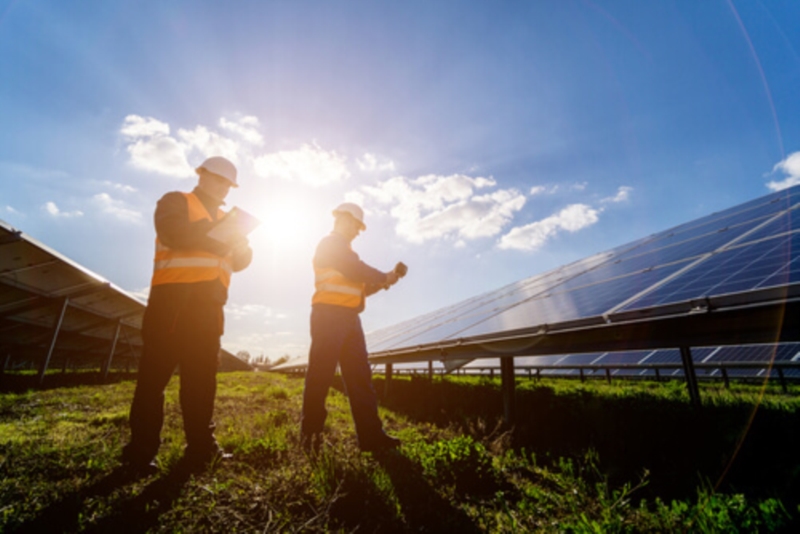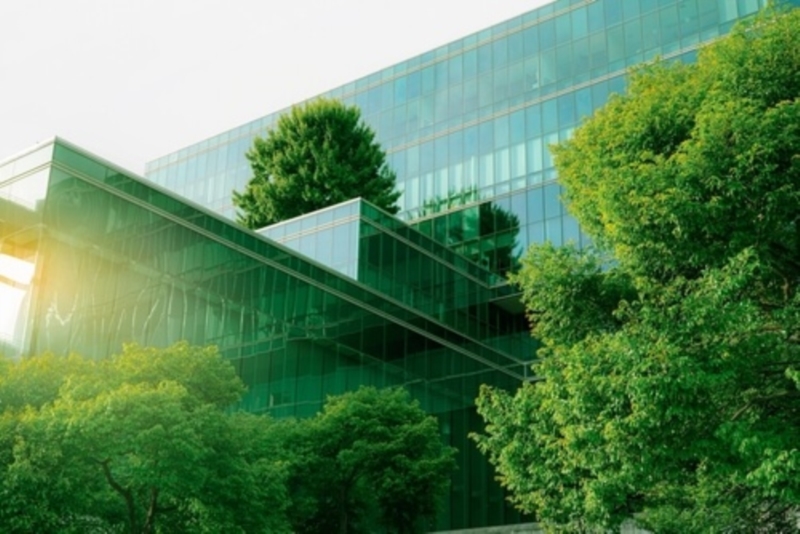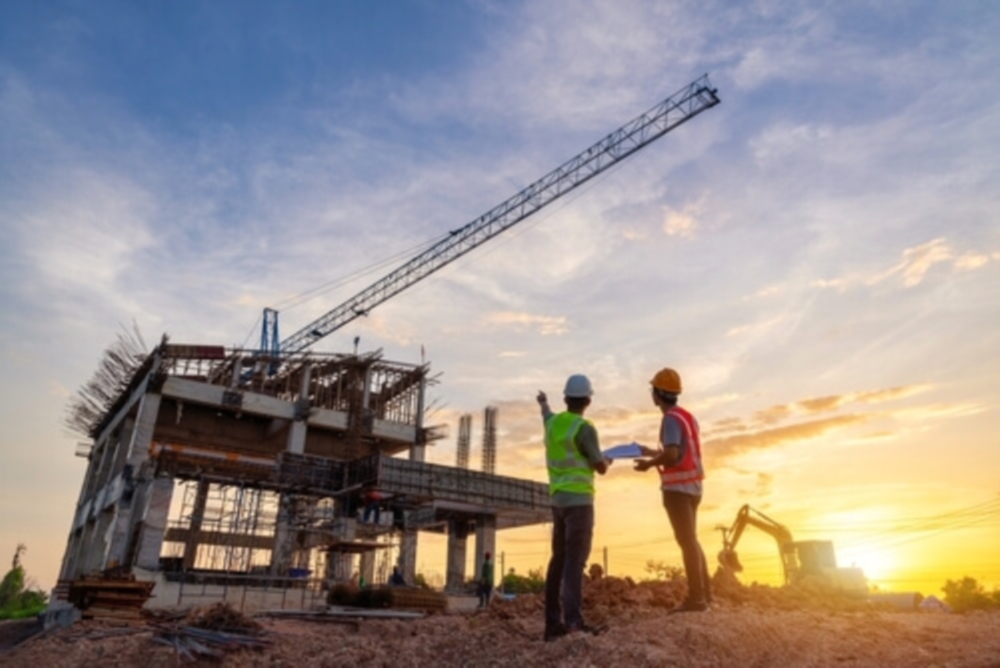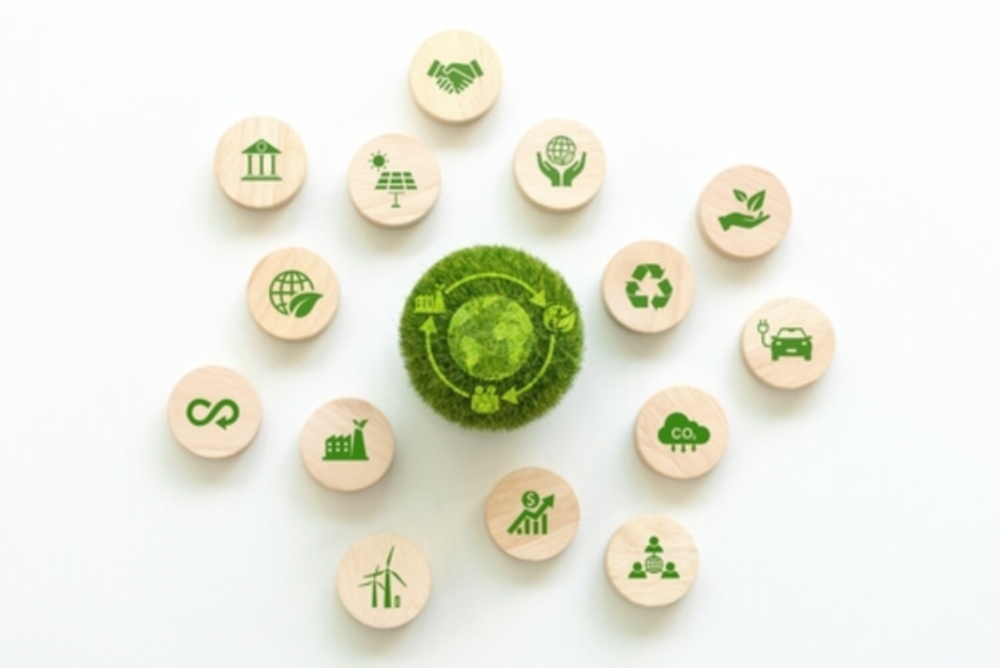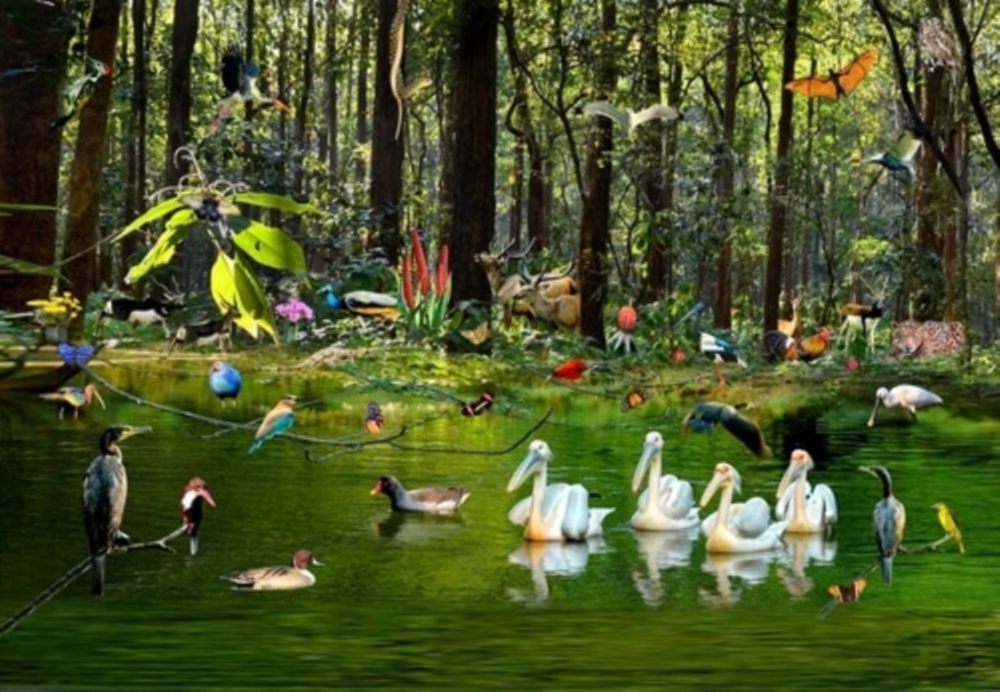
Tellerrand is an independent consultant, recognized for its expertise in the Luxembourgish industry and public services.
The company offers environmental consulting services, conducting environmental studies, providing advice on environmental matters, as well as inspections of industrial sites or administrative buildings.
Tellerrand can offer a new perspective and innovative ideas through a holistic approach aimed at finding sustainable and balanced solutions, taking into account the interconnection between different elements and needs. Committed to adopting a comprehensive approach integrating life cycle assessment (LCA), the company helps evaluate solutions from different angles, recognizing that what may seem advantageous in the short term may have long-term drawbacks.
Functional agrobiodiversity (FAB), a "new" approach to agriculture, follows a similar philosophical and practical approach. This vision of modern agriculture combines ancestral, industrial, and biological methods, and promises a "win-win" solution for humanity and nature. Tellerrand supports and promotes this form of agriculture, in line with its values.
The company also specializes in project management, providing valuable support, especially for temporary needs, for example, in the case of replacing a person on sick leave.
F1 (OA-2024-XXX)
As an operator of an industrial or administrative building, certain legal and management constraints apply to you, as defined in your operating order (1/xx/xxxx or 3/xx/xxxx). With over seven years of experience within a certified Luxembourgish organization, Tellerrand offers its services for the reception and periodic inspection of your installations in terms of the environment, with individualized follow-up and rapid processing of your file. Its expertise in the industrial sector also allows it to advise you in other areas, in accordance with your specific needs.
An environmental inspection takes place in three phases. The first involves establishing a control plan, which will be submitted for approval to the Environmental Administration. The second phase involves a documentary review and on-site inspection. The third consists of publishing the final report.



